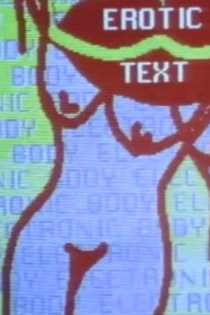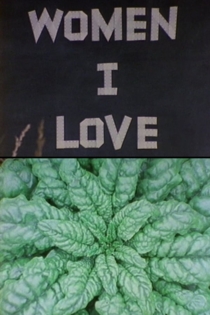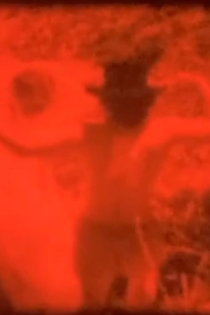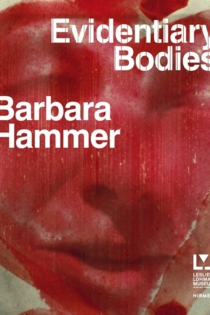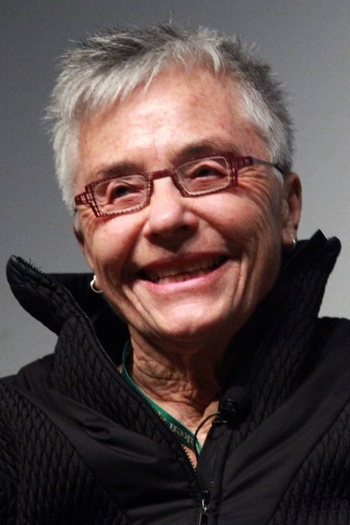
Barbara Hammer
1939 - 2019Beyond the Bolex
Alyssa Bolsey
Jacques Bolsey, Wim Wenders
Filmmaker Alyssa Bolsey stumbles on a treasure trove of vintage cameras, old film reels, fading photos, technical drawings and boxes of documents that belonged to her great-grandfather Jacques Bolsey. Among the many boxes, she spots an old movie camera with the word "Bolex" embossed on its side and a dangling tag with the date, "1927." Entranced, she embarks on a journey to reveal how Jacques aimed to disrupt the early film industry with a motion picture camera for the masses.
Beyond the Bolex
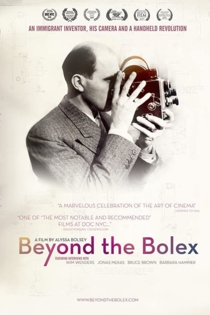
Out in South Africa
Barbara Hammer
Out in South Africa, a documentary about a country in the state of transition; specifically of lesbians and gays, black and white, Indian and Asian, from townships, cities and rural areas who speak of their lives and desires as homosexuals in post-apartheid South Africa. Hammer was invited to have a retrospective in summer, 1994, at the first Gay and Lesbian film festival on the African continent. She wanted to do more than screen her films and videos; she wanted to teach video production skills in the townships. These workshops provide the deeply moving stories lesbians and gays told to one another.
Out in South Africa
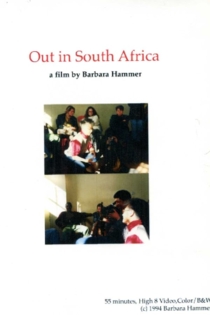
Pond and Waterfall
Barbara Hammer
An experimental movie where the viewpoint starts in a placid pond high inland, and follows the flow of water down to the sea. The movie experiments with viewing both the air, the water, and the surface of the water at the same time. The tempo changes from calm to frenzied later in the movie as the water is more disturbed.
Pond and Waterfall
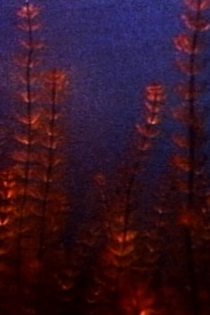
Queer Genius
Chet Catherine Pancake
Barbara Hammer, Eileen Myles
Queer Genius is a cinematic exploration of four visionary queer artists breaking down barriers in their creative fields as they confront fame, failure, censorship, family, gender, and sexuality. The film embraces the communal possibilities of "genius" from a particularly queer perspective crossing genre and generational perspective. It features intertwined portraits of Eileen Myles, Barbara Hammer, Jibz Cameron, and Black Quantum Futurism.
Queer Genius
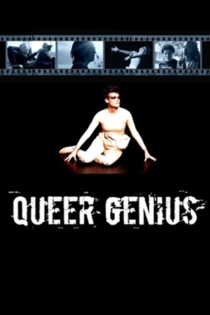
History of the World According to a Lesbian
Barbara Hammer
From the platonic cave to post-punk, the tape traces the invisible and visible references to women who love women from prehistory to contemporary times with the sarcastic sound of the ’50s lesbian quartet from Seattle, the Sluts from Hell.
History of the World According to a Lesbian
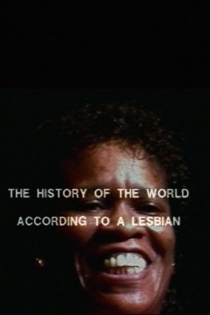
Tender Fictions
Barbara Hammer
Barbara Hammer
Childhood stories of the artist as a young lesbian and intimate tales of the lesbian as a young artist underscore the filmmaker's life of performances. With a Swiss army knife she robs an American Express Bank in Morocco, accosts a shepherd in a field on International Women's Day, and tap dances on Shirley Temple's star on Hollywood Boulevard. This child movie star was the ideal by which Hammer's ambitious mother measured her own Barbie. Grandma, already a cook for Lillian Gish in Hollywood, introduced the cute, loquacious child and her mother to D.W. Griffith. Lesbian autobiography is a slender genre, so Hammer draws from general culture studies for critique and to provide an ironic edge to the synthesized "voices of authority".
Tender Fictions
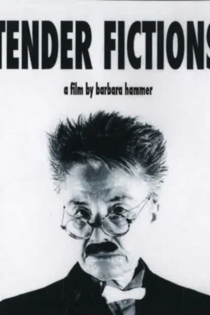
Resisting Paradise
Barbara Hammer
Barbara Hammer
Hammer’s 2003 film Resisting Paradise, which deals with the concept of art as a tool of political resistance, was especially fascinating to me. Hammer, who was doing a painting residency in Cassis, France, when war broke out in Kosovo, found herself questioning the validity of art in the face of political conflict and unrest. She began exploring the history of the French Resistance in Cassis, and used that as a chance to reflect on how Cassis’ artistic community, both those who were threatened by the Nazi occupation of France and those who were able to remain relatively neutral, reacted to the atrocities of the Second World War.
Resisting Paradise
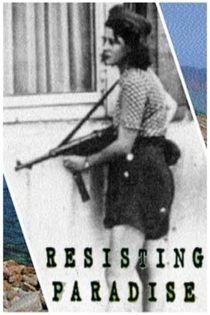
Nitrate Kisses
Barbara Hammer
Barbara Hammer, Peter Cramer
Essay documentary explores eroded emulsions and images for lost vestiges of lesbian and gay culture. First feature by a pioneer of lesbian cinema, Hammer weaves gay and lesbian couples with footage that unearths the forbidden and invisible history of a marginalized people.
Nitrate Kisses
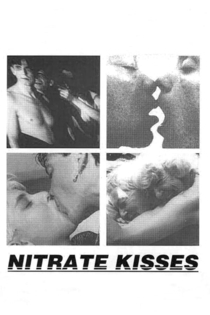
My Babushka: Searching Ukrainian Identities
Barbara Hammer
Barbara Hammer, Vera Berdashevich
This video documentary centers on the questions of civil liberties and cultural differences in a society beginning to open as one woman searches for her own ethnic roots, identity and family history in Ukraine. Issues of human rights, anti-Semitism, homophobia, feminism and a divided and economically-depressed country are encountered as Barbara Hammer, a feminist activist and pioneer of lesbian cinema, return to a “homeland” full of struggling as people search for a new post-glasnost identity.
My Babushka: Searching Ukrainian Identities
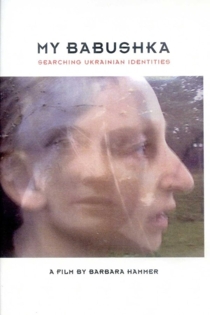
Lover Other
Barbara Hammer
1920’s Surrealist artists Claude Cahun and marcel Moore come to life in this hybrid documentary. Lesbians and step-sisters, the gender-bending artists lived and worked together all their lives. Heroic resisters to the Nazis occupying Jersey Isle during WWII, they were captured and sentenced to death. Award-winning filmmaker Barbara Hammer infuses this film with vigor using photographs, archival footage, dramatic interludes of a “found Cahun script”, and unique interviews of Jersey Isle residents who knew the “sisters”.
Lover Other
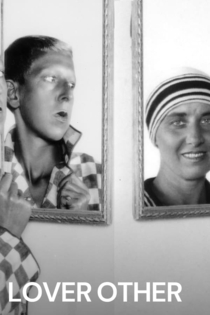
Bent Time
Barbara Hammer
One-point perspective visual path across the US beginning inside a linear accelerator or atom-smashing device and traveling to such high-energy locations as the home of an ancient sun calendar in Chaco Canyon, New Mexico; the site of Ohio Valley Mound cultures; the Golden Gate and Brooklyn Bridges; and beyond. Scientists have noted that light rays curve at the outer edges of the universe, leading them to theorize that time also bends. Inspired by this idea, Hammer used an extreme wide angle lens and "one frame of film per foot of physical space" to simulate the concept of bent time.
Bent Time

!Women Art Revolution
Lynn Hershman Leeson
Lynn Hershman Leeson, Eleanor Antin
Through intimate interviews, provocative art, and rare, historical film and video footage, this feature documentary reveals how art addressing political consequences of discrimination and violence, the Feminist Art Revolution radically transformed the art and culture of our times.
!W.A.R.: !Women Art Revolution
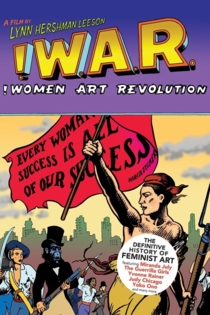
No No Nooky T.V.
Barbara Hammer
NO NO NOOKY TV posits sexuality to be a social construct in a "sex-text" of satiric graphic representation of "dirty pictures." Made on an Amiga Computer and shot in 16mm film, NO NO NOOKY TV confronts the feminist controversy around sexuality with electronic language, pixels and interface. Even the monitor is eroticized in this film/video hybrid that points fun at romance, sexuality, and love in our post-industrial age.
No No Nooky T.V.
